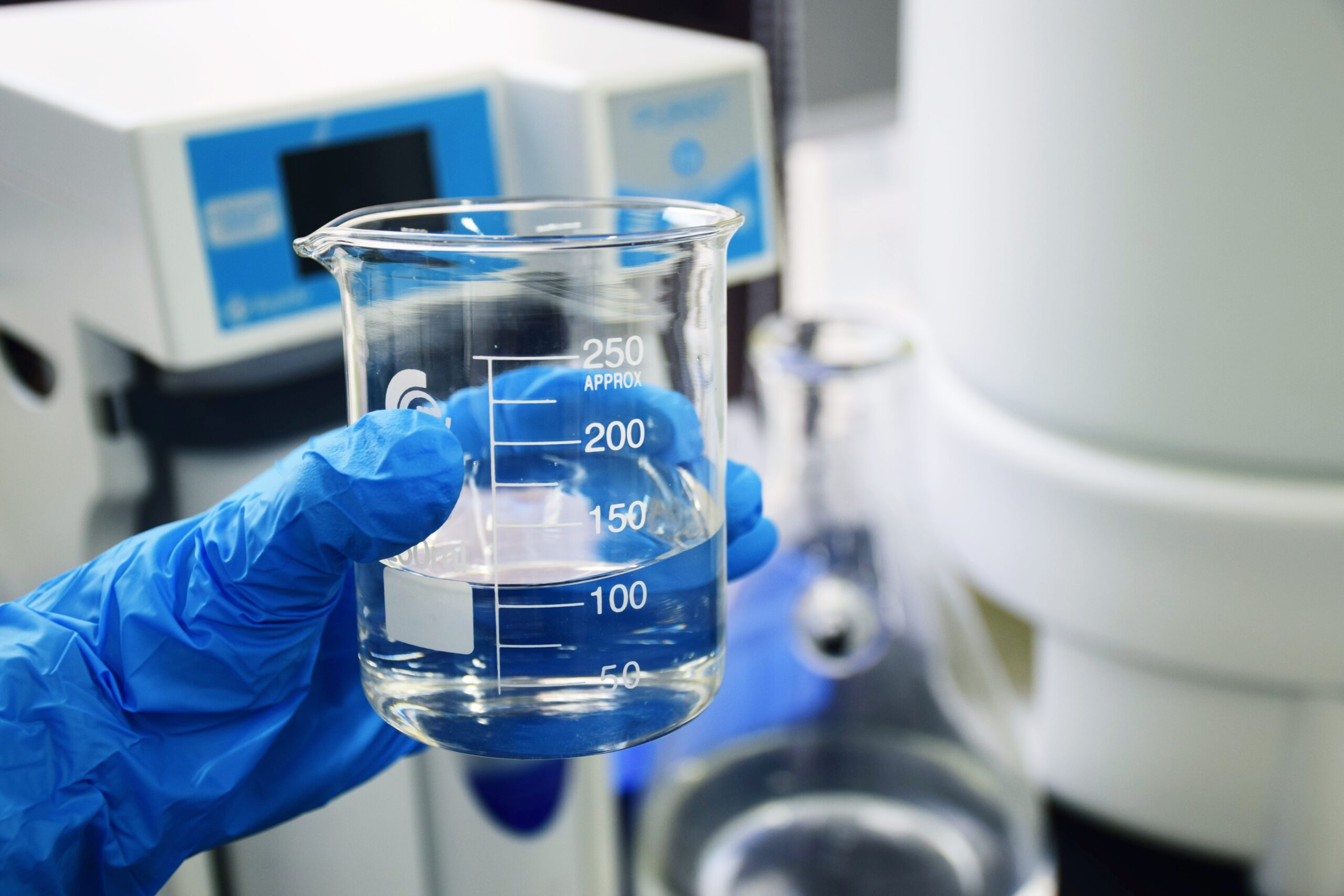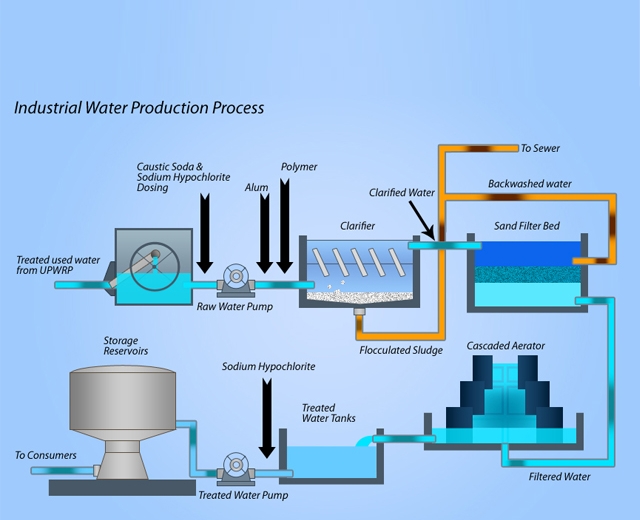Improve Drinking Water Security with a High-Quality Water Purification System
Improve Drinking Water Security with a High-Quality Water Purification System
Blog Article
Why a Water Purification System Is Necessary for Tidy, Safe Water
Accessibility to clean, risk-free water is a basic human right and a cornerstone of public health and wellness. However, the presence of hazardous impurities such as pathogens, hefty metals, and chemical toxins in our water supply increases severe issues about wellness and wellness. A water purification system stands as a critical service to reduce these risks, making sure that people and communities can access secure alcohol consumption water. Comprehending the complexities of these systems and their numerous methods is crucial, especially as we take into consideration the implications for wellness outcomes and ecological sustainability in our every day lives.
Significance of Tidy Water
Access to tidy water is a fundamental necessity for human health and well-being. Infected water can lead to serious health concerns, consisting of stomach health problems, cholera, and dysentery, specifically in at risk populaces such as kids and the elderly.
Moreover, clean water is vital for cleanliness and hygiene techniques, which are vital in protecting against the spread of transmittable conditions. Adequate water supports appropriate hygiene facilities, advertising a healthier environment. Additionally, accessibility to secure water influences socioeconomic factors, as it makes it possible for communities to participate in farming and industrial tasks, ultimately adding to financial development.
In numerous areas, the absence of tidy water intensifies hardship and inequality, more impeding development towards lasting development goals. Consequently, making certain accessibility to clean water is not just a public health and wellness important yet likewise a cornerstone for social equity and economic development. Initiatives to improve water top quality and infrastructure have far-ranging benefits, promoting much healthier communities and boosting lifestyle.

Typical Pollutants in Water
Making sure the schedule of clean water is undermined by various impurities that can compromise its safety and security and top quality. The existence of pathogens, such as parasites, germs, and viruses, poses significant wellness threats, specifically in locations lacking ample hygiene. These microbes can result in waterborne illness, causing extreme illness or perhaps death.
Chemical impurities likewise provide an important issue. Hefty steels, including mercury, lead, and arsenic, frequently get in water materials with industrial discharges or rusty pipes. These compounds can accumulate in the body with time, causing lasting health concerns such as neurological damage and developmental conditions.
Furthermore, farming runoff introduces chemicals and fertilizers right into water supply, which can interrupt ecological communities and negatively impact human health. Nitrates, typically discovered in plant foods, can create serious conditions like methemoglobinemia, especially in babies.
Advantages of Water Purification Equipments
Identifying the crucial requirement for risk-free alcohol consumption water, water purification systems provide a myriad of benefits that enhance public health and environmental sustainability. Largely, these systems efficiently eliminate harmful pollutants, including germs, viruses, hefty steels, and chemicals, making sure that the water eaten is without microorganisms and toxins. This decrease in pollutants significantly lowers the danger of waterborne diseases, promoting overall community wellness.
In enhancement to health and wellness benefits, water filtration systems add to ecological sustainability by decreasing dependence on mineral water, which frequently generates too much plastic waste. By utilizing a filtration system, homes can decrease their carbon footprint and contribute to an extra sustainable ecological community. Additionally, these systems can enhance the preference and smell of water, making it more tasty for everyday intake.

Various Sorts Of Purification Methods

One usual technique is reverse osmosis, which makes use of a semi-permeable membrane layer to separate water from dissolved impurities and solids. This process efficiently lowers contaminations, including heavy steels and chemicals. An additional widely utilized method is ultraviolet (UV) disinfection, which uses UV light to reduce the effects of microorganisms and infections, making them safe without using chemicals.
Triggered carbon filtering is one more popular approach, utilizing carbon to adsorb natural compounds, chlorine, and undesirable odors, improving taste and smell top quality. Distillation, a process that involves boiling water and condensing the heavy steam, properly gets rid of minerals and contaminants yet might need more energy contrasted to various other approaches.
Ion exchange is often used to soften water by changing calcium and magnesium ions with sodium or potassium ions. Each technique has its constraints and advantages, making it important to understand their functionalities and performance in resolving certain water top quality concerns - Water Purification System. Eventually, choosing the appropriate filtration method is critical for making sure risk-free and clean alcohol consumption water
Picking the Right System
Picking an appropriate water filtration system calls for careful factor to consider of numerous aspects, including the certain contaminants present in the supply of water, the quantity of water needed, and the preferred purification technique. Initially, it is necessary to conduct a water top quality visit our website examination to determine impurities such as bacteria, heavy metals, or chemical contaminants. This details will direct you in selecting a system that efficiently targets those details impurities.
Next, analyze your household's daily water usage to determine the system's capacity. Solutions are available in various sizes, from point-of-use filters for drinking water to whole-house devices that detoxify all water entering your home.
Moreover, think about the purification technique that ideal fits your demands. Reverse osmosis is very efficient for removing a broad range of contaminants, while UV purification is excellent for eliminating microorganisms.
Conclusion
To conclude, the application of water purification systems is critical for guaranteeing access to tidy and safe water. These systems successfully remove dangerous impurities, thereby reducing the threat of waterborne illness and improving public wellness. They add to ecological sustainability by decreasing dependence on bottled water. By comprehending the significance of clean water and the benefits of numerous filtration techniques, communities can make educated choices to protect their health and advertise socioeconomic security.
Recognizing the critical need for risk-free drinking water, water purification systems use a myriad of advantages that enhance public health and ecological sustainability.In addition to health benefits, water purification systems contribute to environmental sustainability by reducing dependence on bottled water, which typically creates extreme plastic waste. Inevitably, the adoption of water filtration systems is a positive step toward making sure clean, risk-free water for future generations while securing public health and wellness and the atmosphere.
Selecting an ideal water purification system requires cautious factor to consider of why not try here various variables, including the particular contaminants existing in the water supply, the quantity of water needed, and the desired purification method.In final thought, the execution of water purification systems is vital for guaranteeing accessibility to safe and tidy water.
Report this page